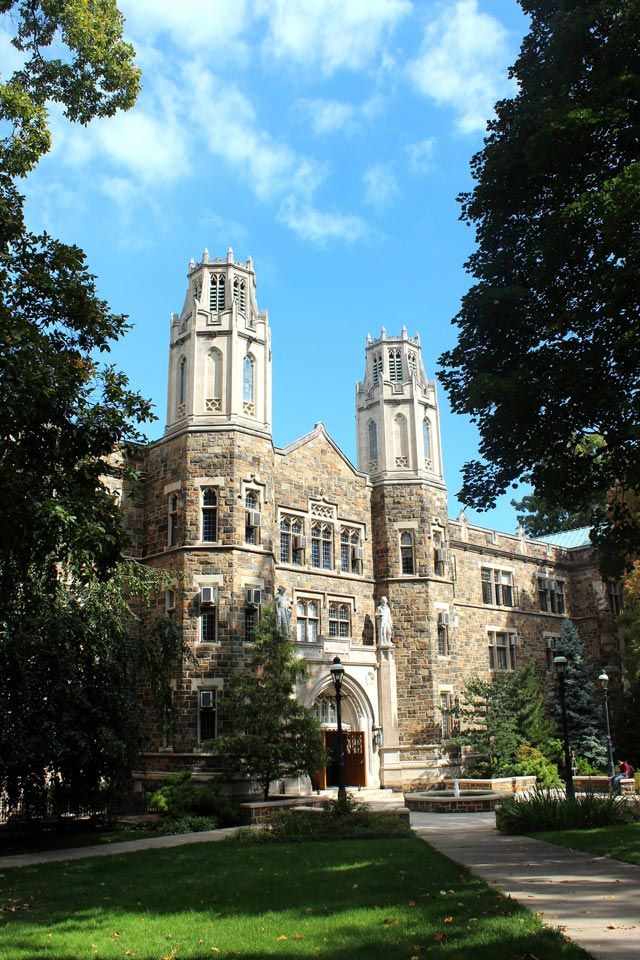We hear stories of people going into hospitals for various treatments, only to contract a respiratory illness during their stay. Typically, they get an infection in the lungs from a hospital ventilator or respirator, where multi-drug resistant bacteria have colonized.
Bryan Berger, assistant professor of chemical engineering, is working with the Lehigh Valley Health Network to prevent such infections.
“One of the leading causes of ventilator-associated pneumonia is multi-drug resistant bacteria,” says Berger. "If you're healthy, you can usually recover, but people already hospitalized with some type of respiratory illness have a much higher mortality rate. Usually, antibiotics won't work, leaving fewer options for treatment."
Berger says proteins secreted by the bacteria suppress one’s immune system, so he and colleague Emily Wong, a clinician at the hospital, are collecting and analyzing bacterial isolates from patients who have been infected. They have found that those who are infected by two very common bacteria have a higher than normal level of a family of proteins.
“What we think is happening is that the protein disrupts cell tissue at the lung membrane or wall, penetrates into the lung and causes deep-tissue infections,” says Berger. “We are testing computationally and experimentally which proteins are the culprits, and we also are designing peptides that will bind to these proteins.”
When the peptides bind to the proteins, they act as a kind of sponge, soaking up surrounding bacterial protein and preventing it from penetrating lung tissue.
Berger and graduate student logan macdonald are using confocal microscopy to observe the labeled peptide-binding abilities, with good results. this microscope enables imaging of binding in live cells, and is thus more sensitive, and less damaging, to biological samples.
Berger hopes to extend this approach to other pathogens, working in collaboration with researchers at the Broad institute, which is affiliated with the Massachusetts Institute of Technology and Harvard University and its affiliated hospitals.

